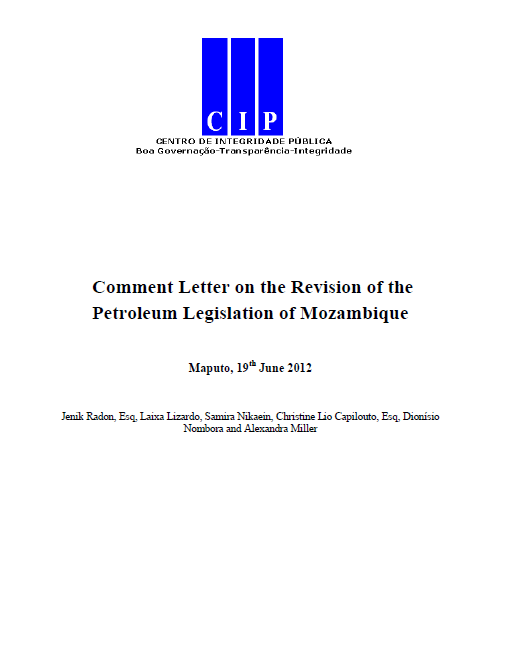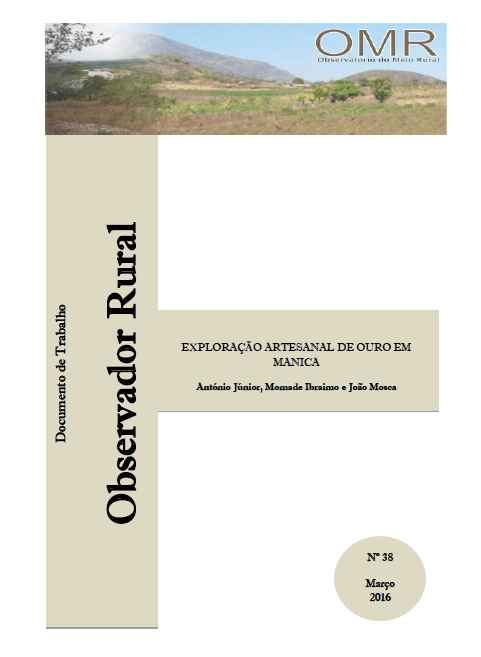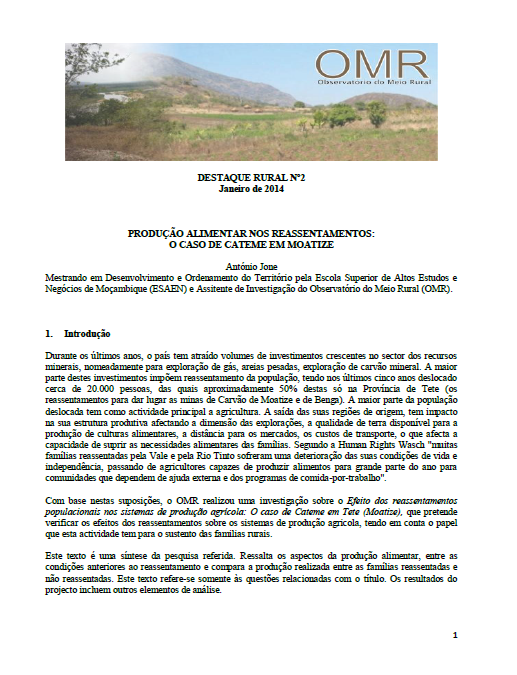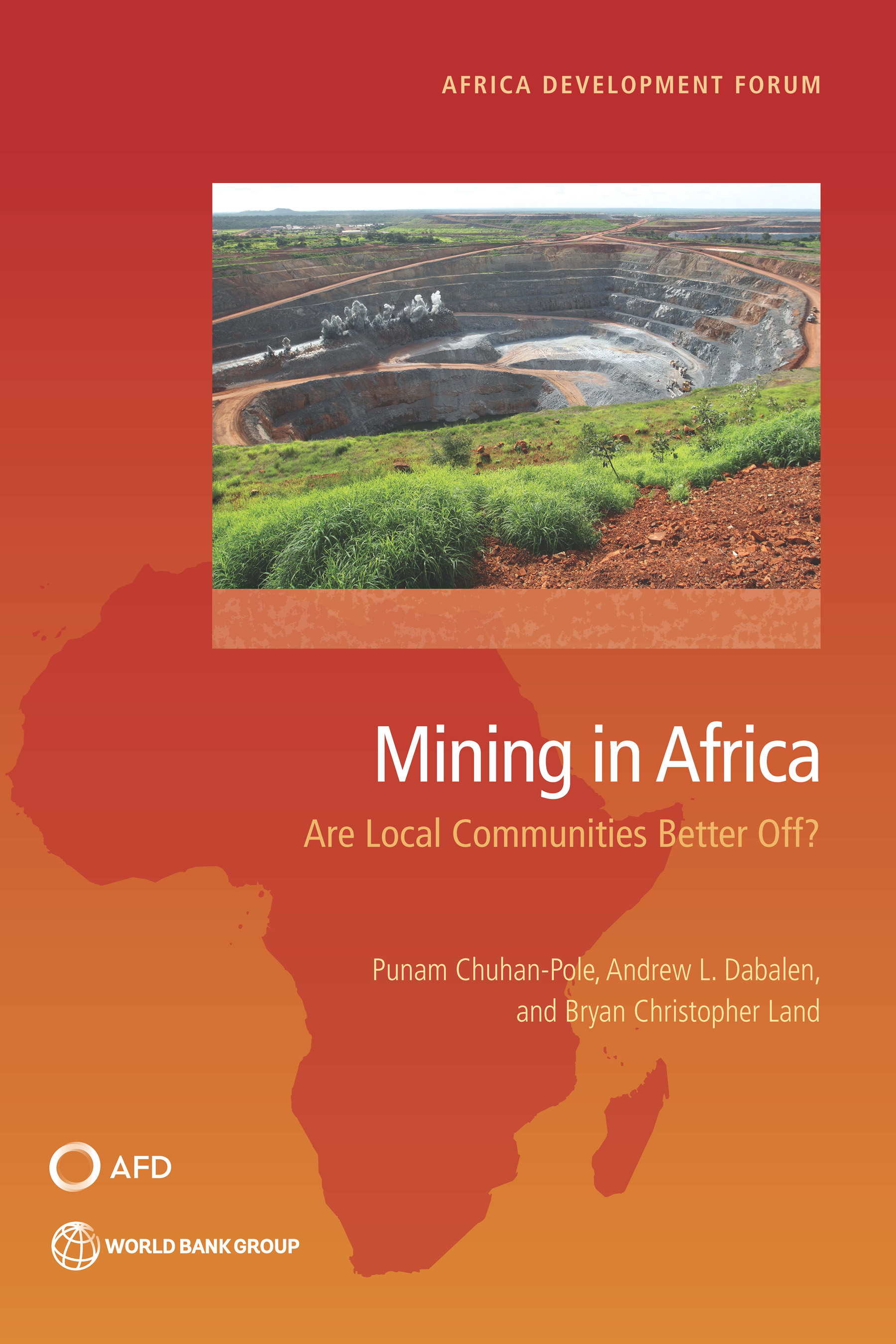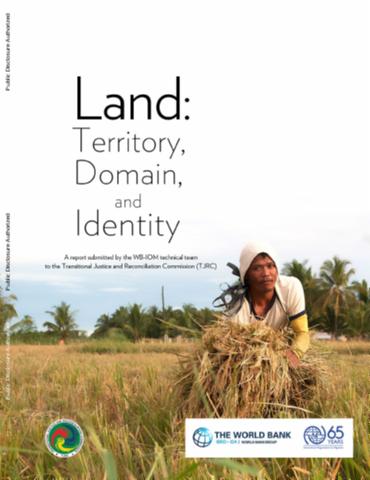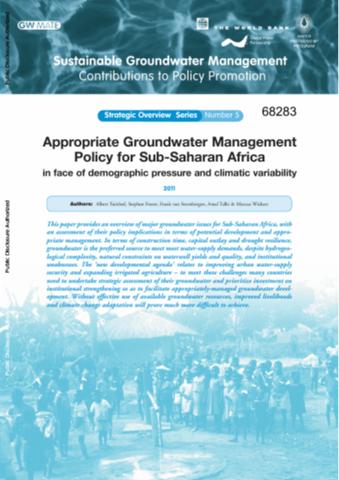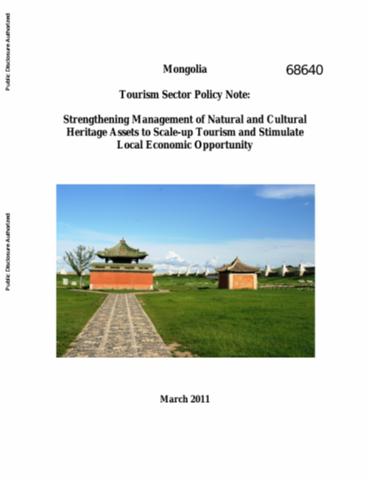EITI Implementation, natural resources management and urgency of renegotiating and publishing the contracts with mega-projects:
Implementation of the Extractive Industry´s Transparency Initiative (EITI) in Mozambique has shown a series of problems of organisation and transparency in the way in which Mozambique manages and uses revenue from extractive industries. Among the problems there stand out the significant differences between the fiscal contribution made by the companies chosen to take part in this process and what the Government says it has received from these companies.


